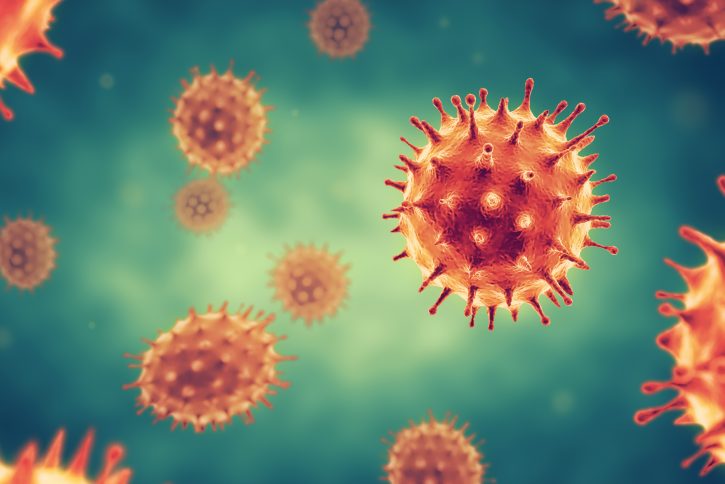
Article originally published January 13, 2021.
In recent news, countries across the world – including the United States – have reported finding “variant strains” of SARS-CoV-2, the virus that causes COVID-19. Here’s what we know so far – and what scientists are still trying to figure out.
Variant strains of viruses are common.
It may sound like something out of a science fiction movie, but it is actually very common for viruses to mutate, or change, over time – especially as they spread. When these natural mutations occur and replicate, a new “strain” of the virus is created. Some variant strains may only have a few mutations, while others may have several.
Viral mutations and variant strains aren’t always significant.
According to the World Health Organization (WHO), hundreds of variant strains of SARS-CoV-2 have been identified since the start of the pandemic. For the past year, laboratories across the globe have been keeping a close eye on these changes, and – so far – the mutations have had little to no impact on how the virus behaves.
Why have I been hearing so much about variant strains lately?
Recently, media and news outlets have highlighted a variant strain of COVID-19 first reported in the UK. Since its appearance in England in November 2020, cases have also been confirmed in the US, Canada and several other countries.
According to the CDC, this particular variant is characterized by several mutations, which means it differs more from the original SARS-CoV-2 virus than some of the previously identified strains. It also seems to spread more quickly and more easily than other strains, which has drawn the attention of health professionals. While it may be more contagious, there is currently no evidence that suggests it causes more severe illness.
Will the COVID-19 vaccine work against variant strains?
More information is needed, but experts believe the COVID-19 vaccine will continue to be effective against currently circulating strains of the novel coronavirus.
In addition to vaccine effectiveness, professionals are also studying all COVID-19 variants to determine whether they:
- Spread more easily from person to person
- Cause milder or more severe illness
- Can be detected using available testing
- Respond similarly to current treatment methods
How can I protect myself and my loved ones?
While the virus has (naturally) changed, our tools for slowing the spread have not. Because the recently discussed variant strain may spread more easily, taking preventive action is more important than ever.
- Wear a mask
- Practice social distancing
- Wash and sanitize your hands often
- Avoid touching your mouth, eyes and nose with unwashed hands
- Avoid crowds, including large gatherings, events and public transportation
- Keep your social circle small, responsible and consistent
- Stay informed with accurate, credible information
- Get your vaccine when it becomes available
Monitoring and Planning
Laboratories and public health agencies, including the CDC and WHO, are working together to monitor the COVID-19 pandemic and ongoing outbreak. Through this collaboration, health experts from around the world are able to collect and analyze data, investigate findings and share information quickly and efficiently. Stay up to date on new findings and developments:
Learn more about Fairfield Medical Center’s COVID-19 response
Read more information on variant strains from the CDC
Learn about virus evolution from the WHO